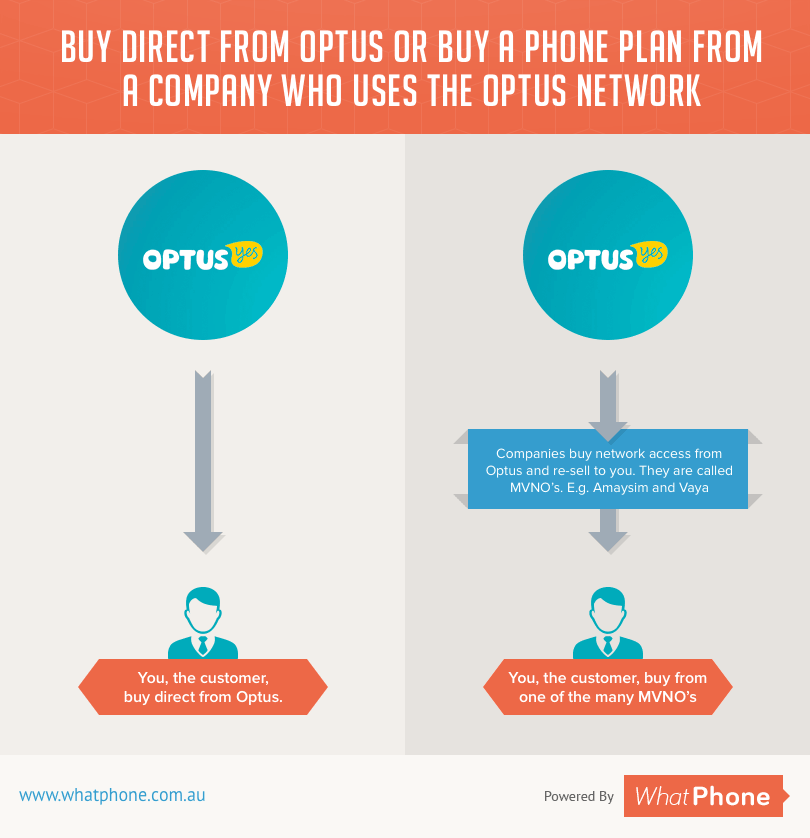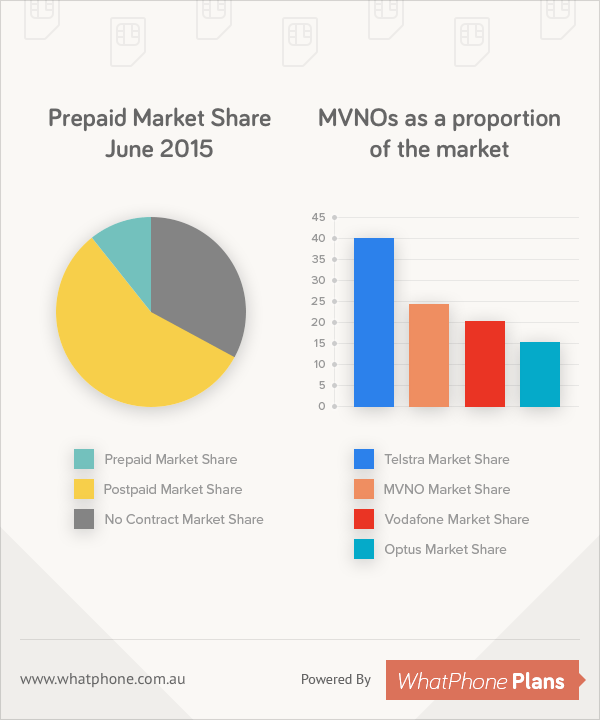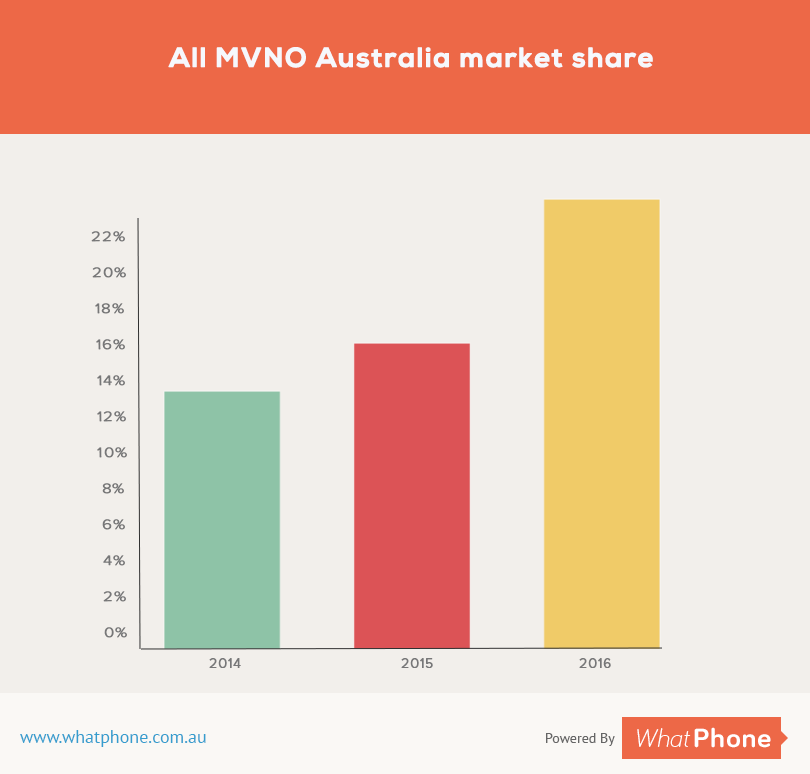Intro – 60 second guide
Here are the key findings from the recent news that TPG is merging with Vodafone and what this means for customers that want to stay on the Optus network, there are more details in the article below.
- TPG is a telecommunications company which has a strong position in the data infrastructure market and is a competitive national broadband network operator.
- The merger between the two companies has been reported as they are simply both getting ready for 5G in Australia and working together is in both companies best interests.
- For TPG customers who prefer to stay on the Optus network, there is a great range of deals with either them or those offered by MVNOs which resell the same Optus network.
This Month’s Hot Offers
Existing TPG customers who want to stay with Optus
TPG is moving in batches all of it’s existing 320,000 customers and new subscribers to the Vodafone network. As TPG has recently partnered with Vodafone, all current customers which have previously been enjoying the Optus network, will now be migrated over.
But what about the existing TPG customers who enjoy the Optus 4G network and services which Optus provides?
When asked about this Craig Levy, COO at TPG Telecom responded.
“We’re going to be inviting our mobile base. We’re going to give them a bonus period that lets them get a welcome pack and try the network without paying for it. Their access plan will come for free for a period if it’s an included value plan. “If customers take the new offer from us and they’re not happy, they can choose another alternative.”
If existing customers are not happy about this or want to shop around for a better deal there are plenty of competitive MVNO providers in the market which offer just as good or even better deals, which consumers can take advantage of.
How can MVNOs save you money
MVNOs save their customers money by leasing network access ‘in bulk’ from the three, major Australian phone companies. Then they sell it, to customers like you, at a significant discount.
With MVNOs, you can take advantage of lower rates, and SIMs that are contract-free. They almost always offer better deals than the major phone companies. They don’t have the same marketing spends to pass on in the costs they charge you. They don’t spend nearly as much on advertising their brand as the others. By keeping their business models simple, they reduce the support costs and pass the savings on to you. They also need to charge less because they’re not as well known as their multinational competitors.
By keeping their business models simple, MVNOs reduce the support costs and pass the savings on to you in their SIM Only plans.
It’s important to realize that the network coverage component of the ‘product’ the MVNOs sell is very often exactly the same thing being sold by Optus or Vodafone. The coverage you’ll get from an Optus MVNO is exactly the same as the coverage you’ll get from Optus itself. There are a few exceptions and ‘gotchas’ to think about. We’ve covered those in detail, below.

Myths about MVNOs: Prioritization
Some shoppers suspect that MVNOs are getting low quality network bandwidth. For example, minutes that aren’t used by carriers during peak activity. That’s just not true. In many ways, network access is like electricity. It’s a utility which is the same whomever or whichever company you buy it from. You will not get a lower priority on the network if you go with an MVNO.
Why are MVNO deals cheaper?
The MVNOs marketplace is highly competitive. The competition is focused where you want it. MVNOs have an agreed charter with the major phone companies. Each MVNO is set up to focus on servicing ( selling to ) a particular segment.
A segment is just a group of users. Here are a couple of our favorite MVNOs and the segments they are designed to address.



